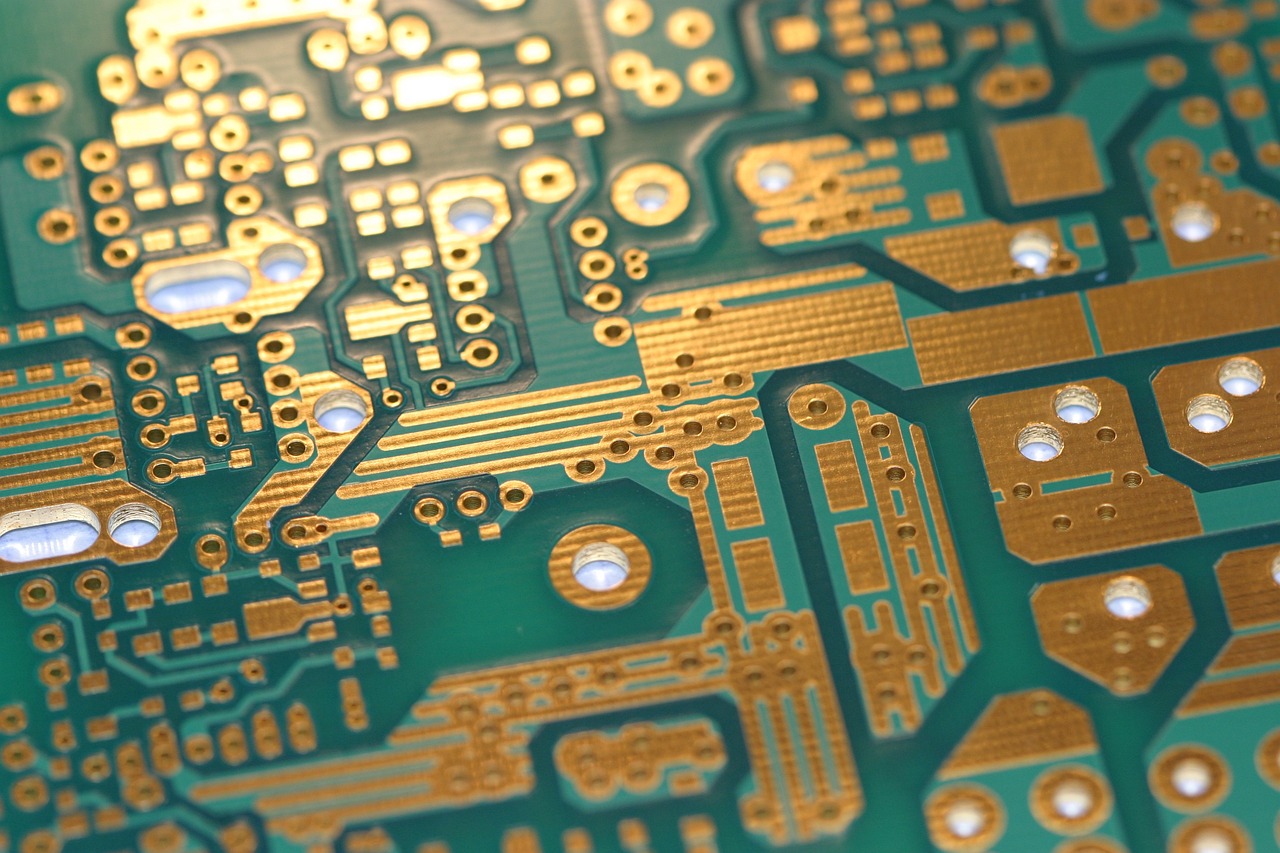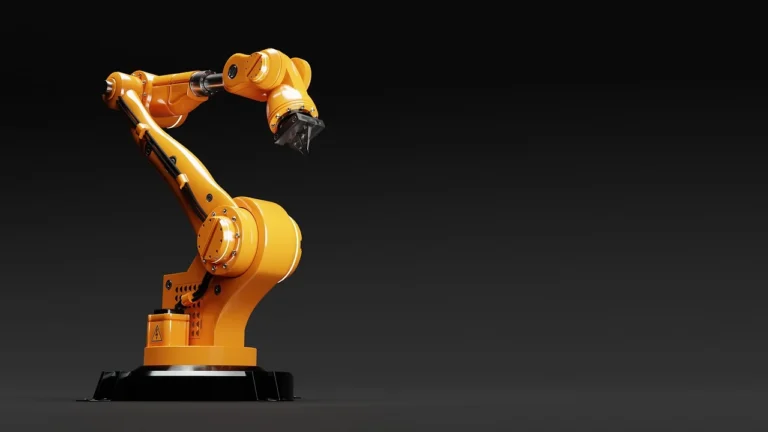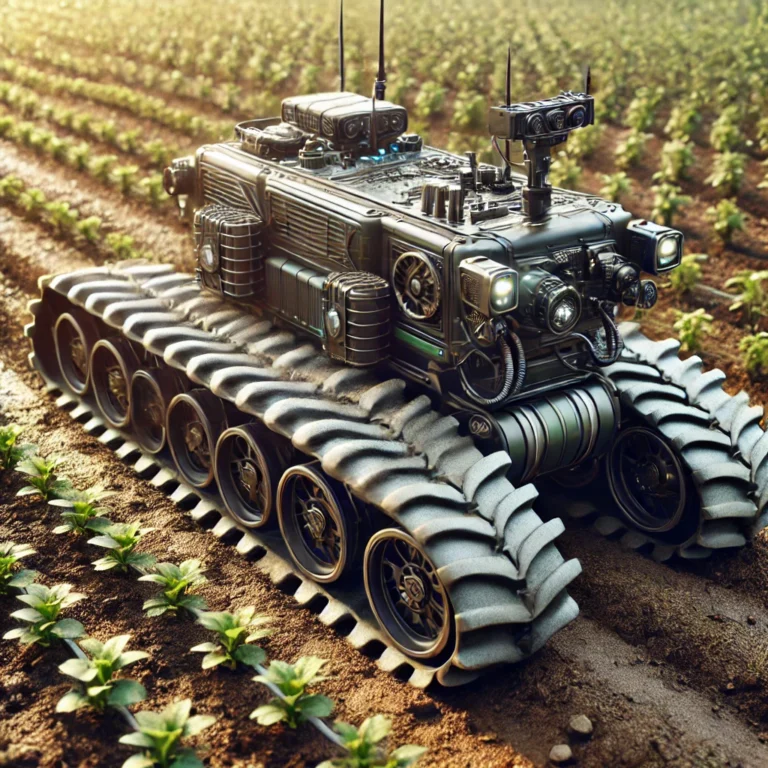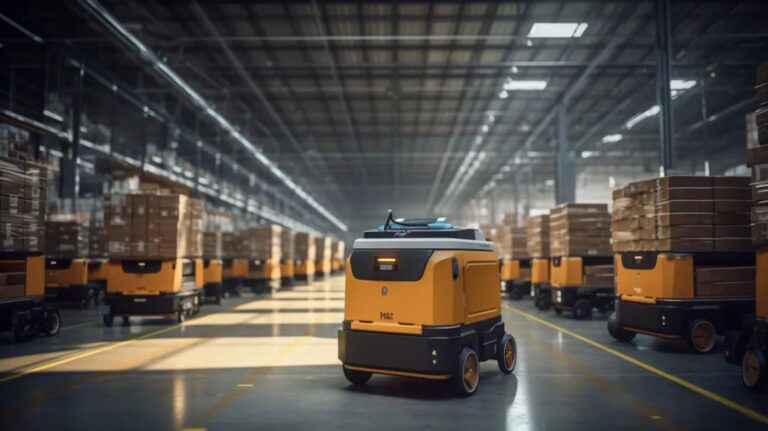We help the world since 2012

Exploring the Future of DC-DC Power Converters: Innovations, Trends, and Real-World Applications
DC-DC power converters are essential components in modern technology, serving industries from electric vehicles to renewable energy systems. These converters help regulate and transform DC voltages to ensure efficient power delivery, making them indispensable in both consumer electronics and industrial applications. In this article, we’ll explore the future of DC-DC power converters, diving into the latest innovations, market trends, and real-world applications that are shaping the future of this technology.
- The Evolution of DC-DC Power Converters: From Traditional to Modern
- Emerging Technologies in DC-DC Power Converters
- Market Trends: Growing Industry Demand for DC-DC Power Converters
- Real-World Applications of DC-DC Converters
- How to Choose DC-DC Power Converters for Future Needs
- Future Outlook of DC-DC Power Converters
- Conclusion
The Evolution of DC-DC Power Converters: From Traditional to Modern
DC-DC power converters have come a long way since their early development. Traditional converters, such as linear regulators, were essential for providing stable voltages, but they had significant limitations, particularly in terms of efficiency and heat dissipation. Switching power supplies marked a major advancement, offering better energy conversion with reduced heat loss.
As technology advanced, DC-DC converters became more compact and efficient, making them suitable for a broader range of applications. Today’s DC-DC power converters can handle higher voltages and power loads while maintaining compact form factors, enabling their use in everything from smartphones to electric vehicles. The need for more sustainable and energy-efficient solutions continues to drive innovation in the field, pushing engineers to develop converters that are smaller, faster, and more reliable.
Emerging Technologies in DC-DC Power Converters
Several cutting-edge technologies are reshaping the future of DC-DC power converters, making them more efficient and adaptable to modern needs.
One of the most significant breakthroughs comes from the use of Gallium Nitride (GaN) and Silicon Carbide (SiC) materials. These advanced semiconductor materials have dramatically improved the efficiency of DC-DC converters. Compared to traditional silicon-based converters, GaN and SiC allow for faster switching speeds, reduced heat generation, and higher power densities. This makes them ideal for high-power applications such as electric vehicles (EVs) and high-performance computing systems.
Another exciting innovation is adaptive control technology. Modern power management systems are becoming increasingly intelligent, with adaptive control allowing converters to automatically adjust their output based on real-time load conditions. This results in optimized energy use, particularly in dynamic environments like renewable energy systems, where input power levels can fluctuate due to changes in sunlight or wind speed.
Market Trends: Growing Industry Demand for DC-DC Power Converters
As industries evolve, the demand for advanced DC-DC power converters continues to grow. Several market trends are driving this increased demand, with electric vehicles and the Internet of Things (IoT) leading the charge.
The electric vehicle (EV) market is rapidly expanding, and DC-DC converters are playing a critical role in improving battery efficiency and vehicle performance. These converters manage power distribution between the vehicle’s battery, motor, and various electrical systems, ensuring optimal power delivery while minimizing energy loss. For example, a leading EV manufacturer recently integrated high-efficiency DC-DC converters to boost battery range and reduce charging times, making their vehicles more competitive in the growing EV market.
Similarly, the proliferation of IoT devices is creating a huge demand for compact, low-power DC-DC converters. As more devices become interconnected, from smart home systems to industrial sensors, the need for efficient power management is more critical than ever. DC-DC converters are essential for powering these devices, particularly in remote or battery-operated environments where energy efficiency is paramount.
Real-World Applications of DC-DC Converters
DC-DC power converters are found in a wide range of industries, and their applications continue to expand as new technologies emerge.
In smart building energy management, DC-DC converters help power various devices and systems that operate at different voltages. For example, in a recent smart building project, engineers used DC-DC converters to create a unified power supply system that efficiently powered both low-voltage sensors and high-voltage HVAC systems. This not only reduced energy waste but also simplified the building’s overall power architecture.
In the world of drones and robotics, DC-DC converters are critical for ensuring reliable, lightweight power delivery. These converters help balance power between the different components of a drone or robot, such as motors, sensors, and communication systems, allowing for precise control and extended operational life. In one recent case, a drone manufacturer utilized compact DC-DC converters to significantly extend flight time by optimizing power distribution between the drone’s components.
DC-DC converters are also vital in medical devices, where reliability and safety are paramount. In life-support equipment, for example, these converters ensure that critical systems receive stable, regulated power, even when external conditions fluctuate. Similarly, surgical instruments rely on DC-DC converters to maintain consistent performance during delicate operations, minimizing the risk of power-related failures.
How to Choose DC-DC Power Converters for Future Needs
Selecting the right DC-DC converter for your application can be challenging, especially as technology continues to evolve. There are several factors to consider when making your decision.
Design flexibility and customization are becoming increasingly important as industries demand more specialized solutions. For example, electric vehicles require converters that can handle high voltages and currents, while IoT devices prioritize small form factors and energy efficiency. As such, it’s crucial to choose a converter that meets the specific requirements of your project, whether it’s power density, size, or efficiency.
Additionally, you’ll want to consider key performance metrics like conversion efficiency, thermal management, and power density. As devices become more compact and powerful, efficient thermal management becomes critical to avoid overheating and ensure long-term reliability. Look for converters that are optimized for your operating environment, whether that’s in a high-temperature industrial setting or a tightly confined consumer device.
Future Outlook of DC-DC Power Converters
Looking ahead, DC-DC power converters are set to play a key role in the development of renewable energy systems and green technology. As more countries adopt renewable energy, the demand for efficient power conversion solutions will continue to rise. DC-DC converters will be instrumental in managing energy storage systems and ensuring that power from sources like solar and wind can be efficiently stored and distributed across smart grids.
Nanotechnology and microelectronics are also poised to revolutionize the industry. Future DC-DC converters may leverage nanoscale components to deliver even higher efficiency in smaller packages. These advancements will open up new possibilities in fields like wearable technology and autonomous systems, where power efficiency and miniaturization are critical.
Conclusion
DC-DC power converters are evolving at a rapid pace, driven by technological advancements and growing market demands. From electric vehicles to smart buildings, these converters are enabling more efficient, reliable, and sustainable power solutions. As industries continue to push for innovation, DC-DC converters will remain at the forefront, providing the foundation for next-generation technologies. When choosing a converter for your project, it’s essential to stay informed about the latest trends and select a solution that meets both current and future needs.




